How to Get Rid of Wasps — Naturally
Published Dec. 22 2020, 2:59 p.m. ET
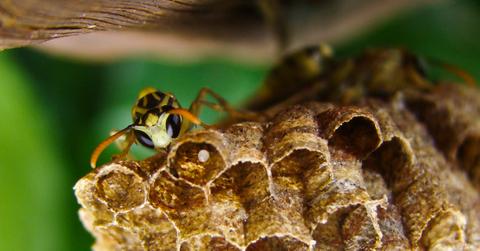
It’s happened to the best of us: You crawl under your deck to fix something and notice a small, papery, honeycombed something attached to the underside of your house. You can’t be sure if it’s empty or full, but judging by the buzzing all around you, it might be time to consider that you have a wasp problem. Now that you’ve identified the first problem, though, you’ve got another one — you have to figure out how to get rid of wasps.
There are a number of commercial and chemical ways to do this, of course, but getting rid of wasps the natural way is better for you and the environment.
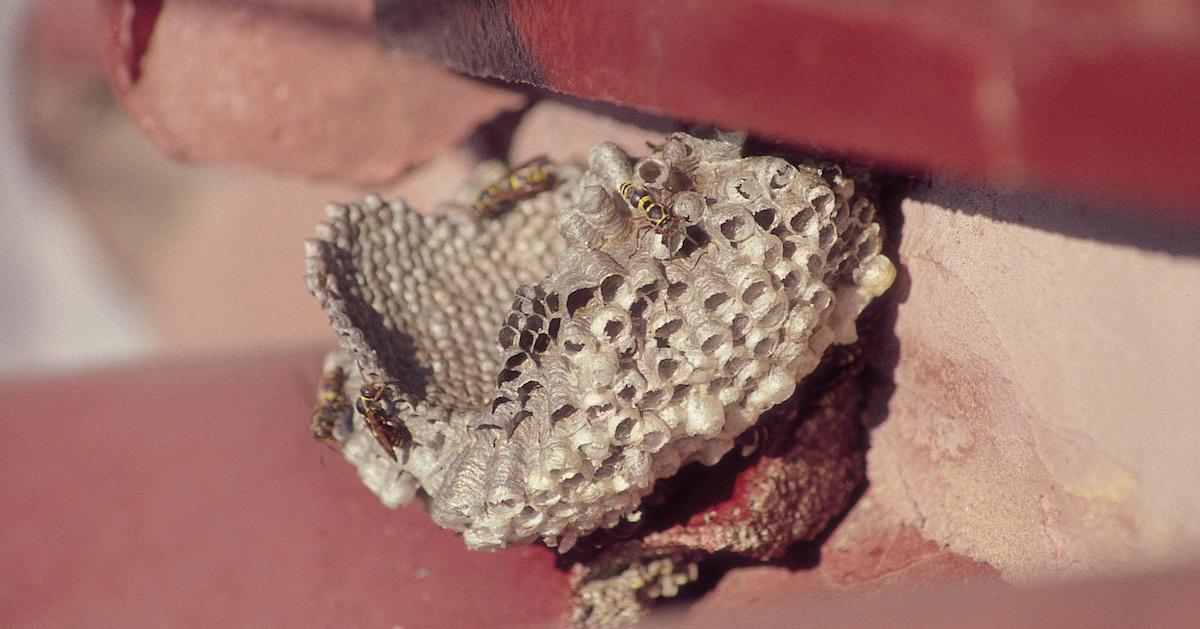
Is it dangerous to get rid of wasps myself?
Before we start on solutions, it’s important to get one or two things out in the open first. First, wasp nests are easily disturbed and wasps are quick to anger. Angry or agitated wasps mean swarms and stings, and unlike bees, which die as soon as their stinger penetrates, wasps can sting and keep on stinging until they get tired of it.
According to pest control company Erlich, wasp stings are not barbed like bee stings. They are more like hypodermic needles, which means they can be pulled in and out repeatedly. On top of that, people who are allergic to wasp stings could find themselves in serious trouble if they get stung, especially if they don’t know they are allergic in the first place. For these reasons and more, it is of supreme importance that you handle all wasp elimination with extreme caution.
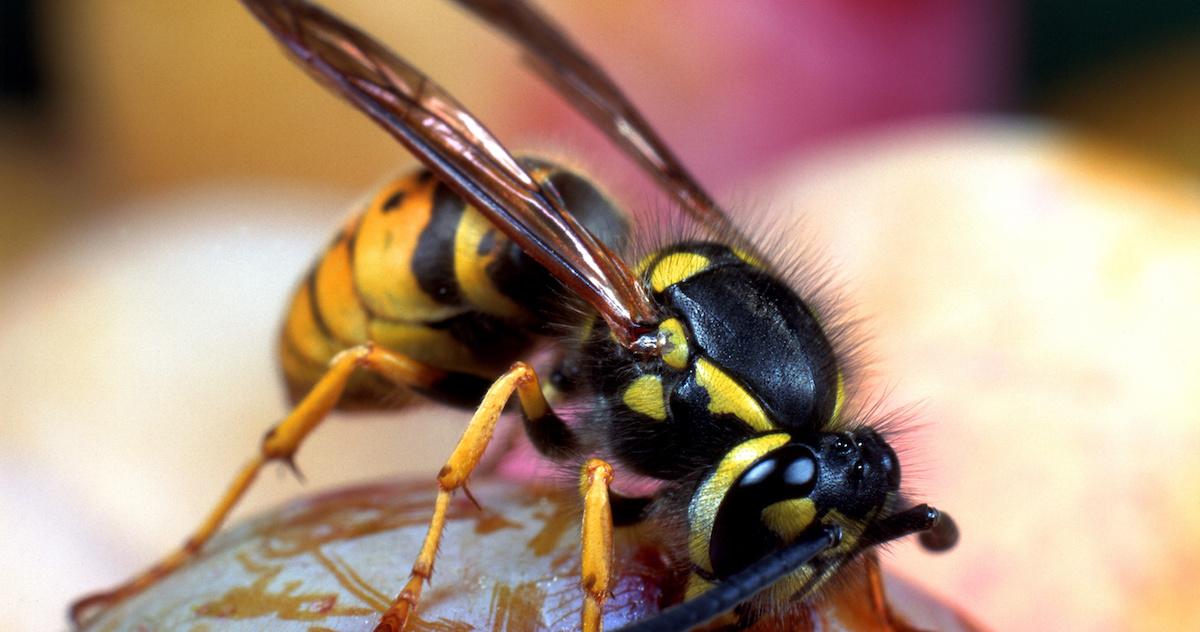
How to get rid of wasps
The first step in getting rid of wasps is identification. You’ll usually be able to tell based on the size and shape of the insects in question and the shape and size of the hive — pending you’ve identified its location, that is. This tutorial from the Illinois Department of Public Health is actually quite helpful for wasp identification.
What looks like a wasp might actually be a honeybee, and with honeybee populations still in decline, their hives need to be protected wherever we find them. Honestly, as long as their hive isn’t in a place that’s unsafe for you or them, you might want to keep the hive where it is and leave it alone. If it is paper wasps, hornets, or yellow jackets you discovered, however, it’s time to begin your eco-extermination.
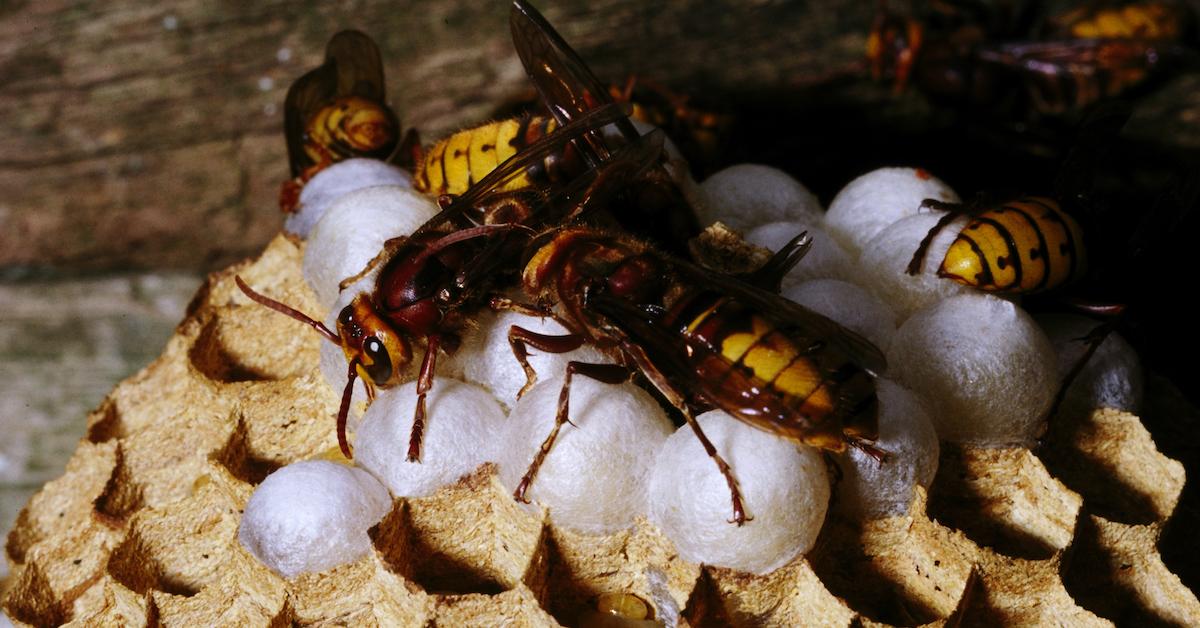
Should I use pesticides to get rid of wasps?
Even if your wasp problem is such that you feel you need to resort to pesticides, you may want to reconsider. According to home improvement website Bob Vila, the pesticidal components used in most wasp sprays are strong enough that pets who eat the poisoned wasps can be poisoned as well. In addition, most professional exterminators agree that a little bit goes a long way when it comes to the over-the-counter wasp-killing chemicals.
As such, homeowners who try to use these on their own tend to use far, far too much of these sprays when trying to take out the hive. If you are planning to use chemicals, you might try calling a professional exterminator instead of attempting this yourself. They will also have the proper equipment and coverings to prevent them from being stung... you might not, and no one wants an angry wasp to get into their underpants.
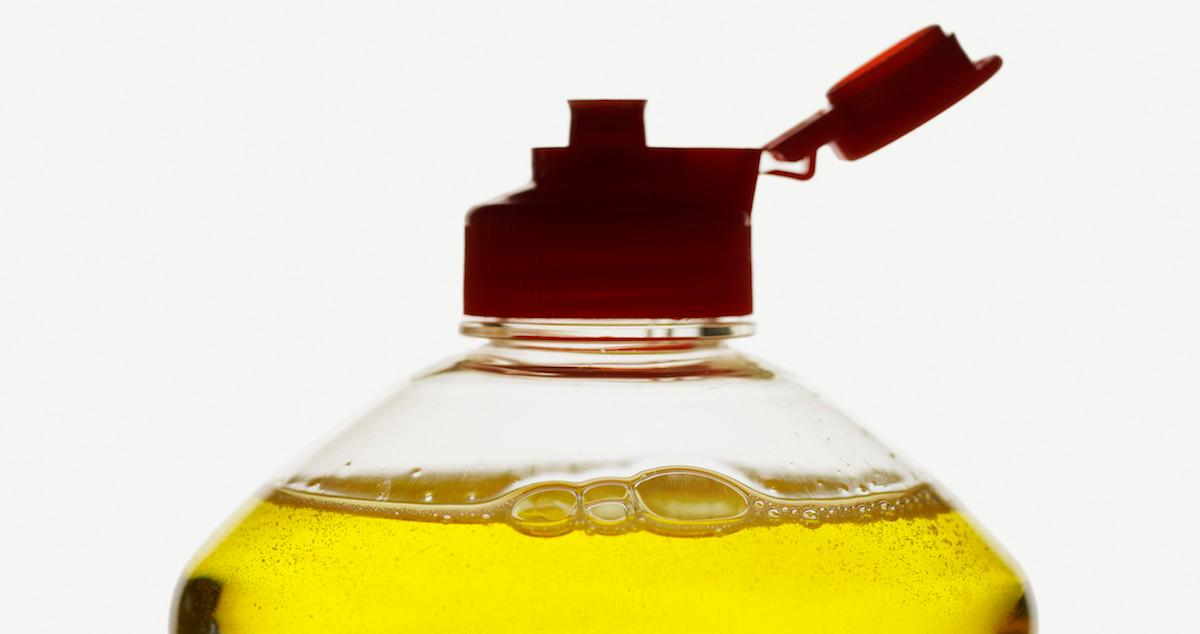
Can I get rid of wasps naturally on my own?
You can, but you need to be very careful. Begin your wasp hunt by covering yourself up from head to toe in tight-fitting clothing. The best times to treat are at night or in the early morning when the wasps are sleepy and sluggish. Cover any flashlight or light source you might be using with red paper to prevent the wasps from flying towards the light, and make your way to the nest. If you have any pets, it would be a good time to keep them inside and far away, at least until the deed is done.
There are a few natural and organic wasp sprays on the market these days. One of these, EcoSmart’s Organic Wasp and Hornet killer, purportedly uses 100 percent, food-grade ingredients including peppermint oil to help kill the wasps. Note that as organic as this poison is, it’s still poison, so you’ll want to take care in how you use it, and wash any clothes or skin that it might end up on.
Can I get rid of wasps without poison?
You sure can! In fact, there are a few good ways to get rid of wasps without the need for smelly or highly toxic chemicals. For aerial nests (those that are situated high above the ground) you can either spray them with a hose-end sprayer and soapy water or tie them off from above and let them submerge into a bucket of soapy water. The tie-off method may require a ladder and some very tight coverings.
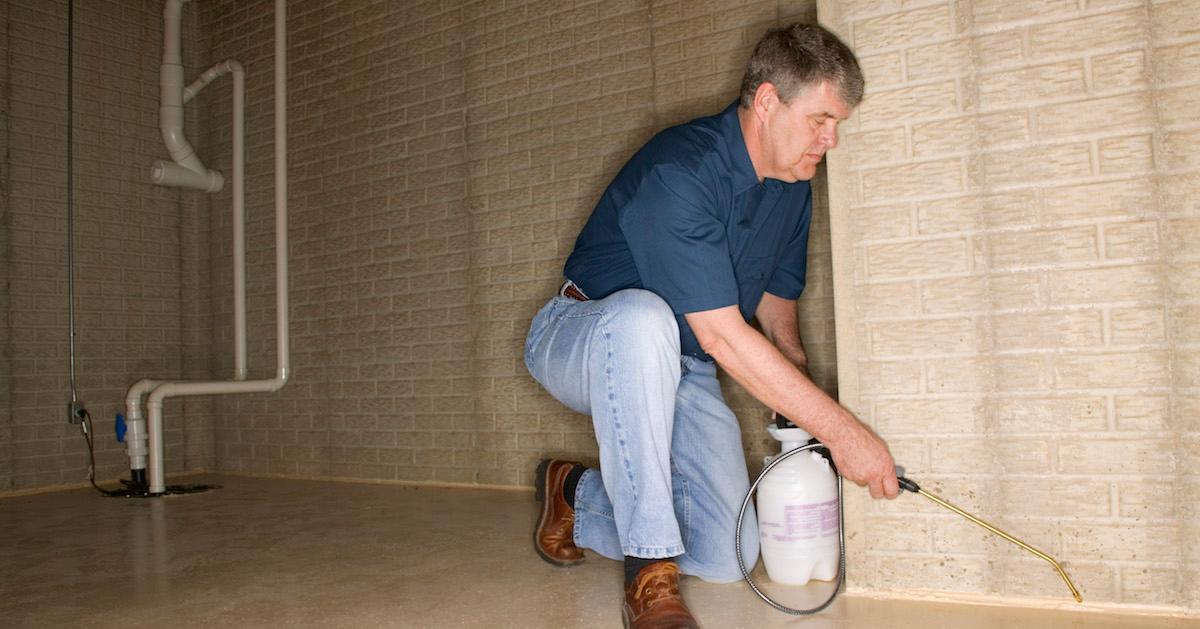
As qualified as you believe you might be as nest removal, however, we would suggest that any folks who are allergic leave this job to the professionals. This is especially true if you find that you have wasp nests in walls, underground, or in hard-to-reach places. In these situations, a professional exterminator will be able to do a better job. If you’re still worried about utilizing natural methods for removal, look for organic or eco-friendly exterminators.
Can I trap wasps individually?
The Sisyphean method of wasp trapping might be effective at reducing wasp populations, but it’s not the catch-all solution you’re probably looking for. There are a variety of glass wasp traps on the market that only require you to replace the bait. Many experts recommend using savory bait like tuna rather than sweet bait because it is more likely to attract wasps and yellowjackets than honeybees. Again, trapping the wasps will likely only be a half-measure. It won’t solve your problem.